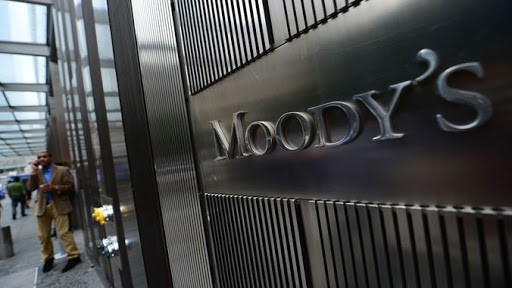
India better placed than peers to weather US tariffs: Moody’s Ratings
NEW DELHI : India is better positioned than many other emerging markets to deal with US Tariffs and global trade disruptions due to robust internal growth drivers, a sizable domestic economy, and a low dependence on goods trade, Moody’s Ratings said on Wednesday.
“Government initiatives to boost private consumption, expand manufacturing capacity, and increase infrastructure spending will help offset the weakening outlook for global demand,” the ratings agency said. It added, however, that export-linked sectors, such as automotives, remain exposed to global trade challenges, despite diversified operations.
While higher defence spending could weigh on India’s fiscal strength and slow fiscal consolidation, Moody’s Ratings said the recent escalation between India and Pakistan is accounted for in its geopolitical risk assessment.
“In a scenario of sustained escalation in localised tensions, we do not expect major disruptions to India’s economic activity because it has minimal economic relations with Pakistan… Most of its agricultural and industrial output are geographically distant from the conflict zones,” the ratings agency said.
It noted that Pakistan–India tensions, including the flare-up earlier in May, would weigh more on Pakistan’s growth than on India’s.
Moody’s expects that tariffs on most Chinese goods exports to the US will constrain global growth and could potentially reduce India’s economic growth in calendar year 2025 to 6.3 per cent from 6.7 per cent.
The ratings agency said India may benefit from investment inflows aimed at capitalising on its large and growing market, reversing the recent decline in foreign direct investments.
“Easing inflation offers the potential for interest rate cuts to further support the economy, even as the banking sector’s liquidity facilitates lending,” it added.
Moody’s Ratings emphasised that domestic demand underpins growth despite risks from US policy shifts. “The central government’s infrastructure spending supports GDP growth, while personal income tax cuts bolster consumption,” it said.

